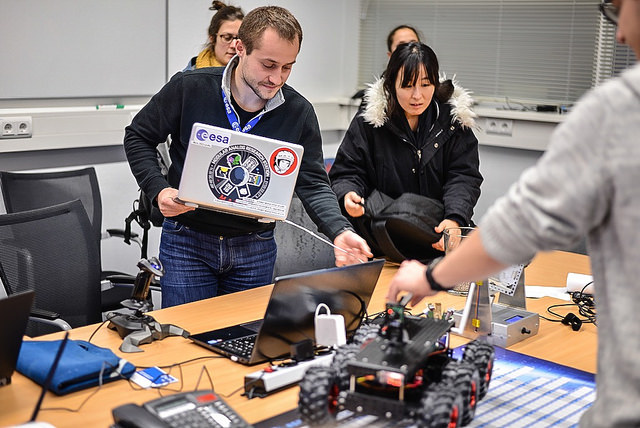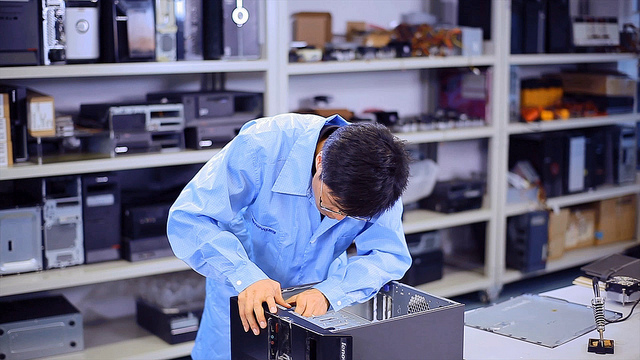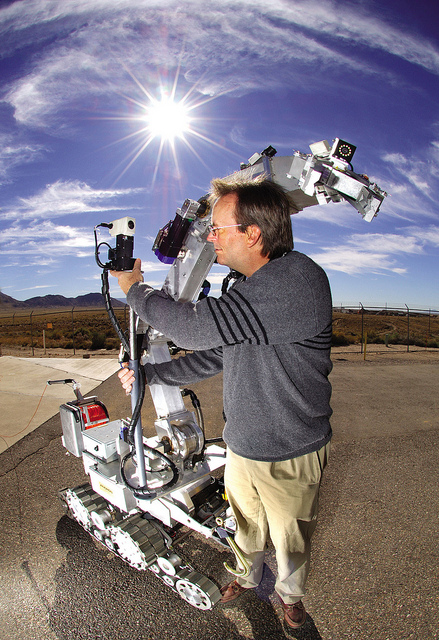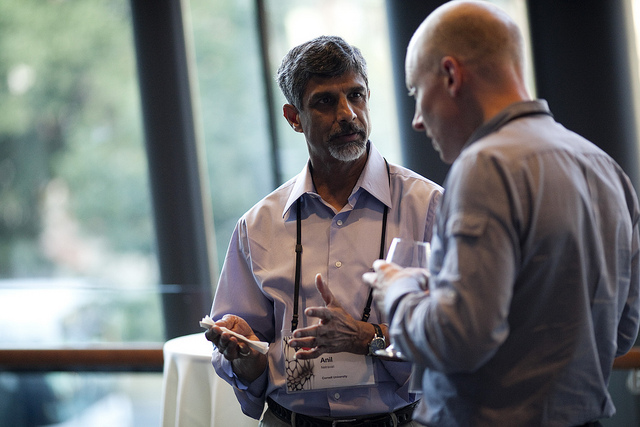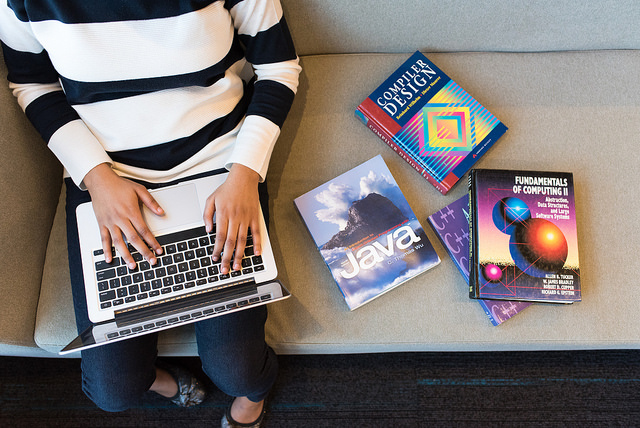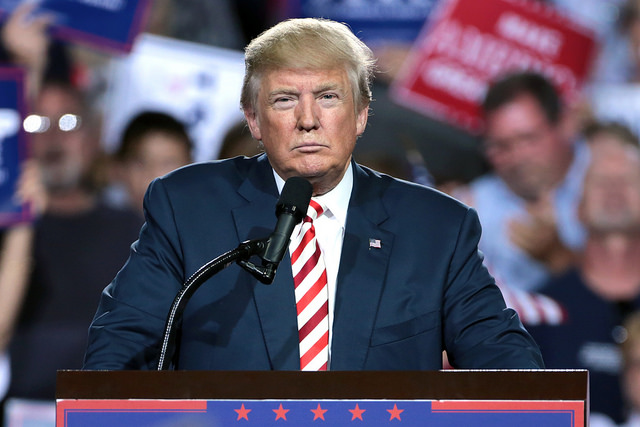H-1B Filing Season Opens Next Week
USCIS will begin accepting H-1B petitions that are subject to the FY 2019 cap on April 2, 2018. To make sure you are prepared click here for a running checklist of supporting documents typically included in a cap-subject petition. In addition please click here to read our H-1B guide. For filing assistance, and tips on increasing your chances of approval please contact our office for a consultation. Best of luck!
Power of Attorney No Longer Accepted
Beginning March 18, 2018, the United States Citizenship and Immigration Services (USCIS) will no longer accept power of attorney signatures on forms submitted to the agency.
Now, applicants and petitioners for immigration benefits will be required to provide a valid signature on forms submitted to the agency. This prohibition will apply to forms that are filed by a corporation or other legal entity, meaning that an authorized representative or agent of the corporation or entity must be prepared to provide a valid signature on all forms submitted to USCIS.
Individuals who will remain unaffected by this new policy change are minors who are younger than the age of 14, or individuals with qualifying disabilities. USCIS will no longer allow applicants or petitioners the opportunity to correct a faulty signature, and will instead reject a form submitted without a valid signature.
 Visa Lawyer Blog
Visa Lawyer Blog



